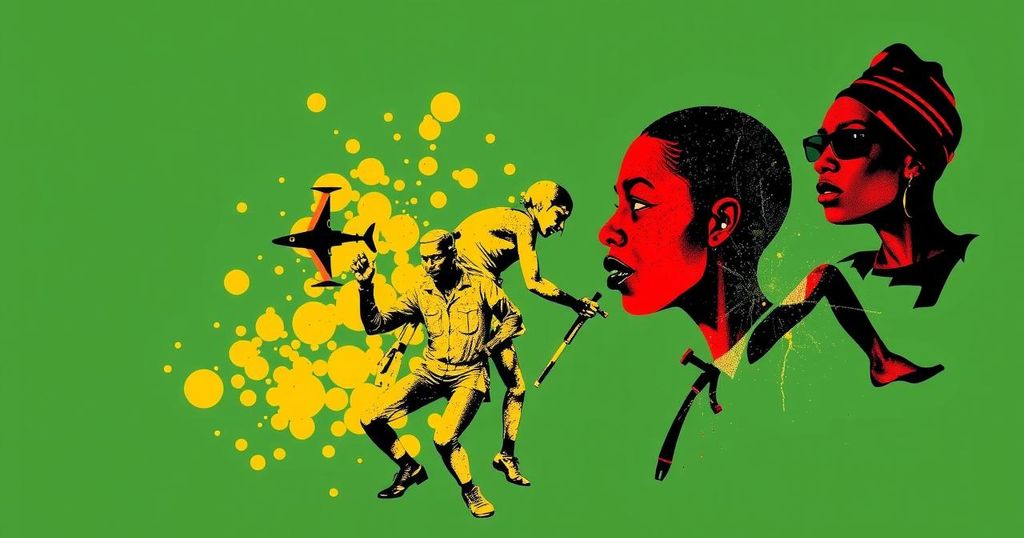Mozambique’s Road to Peace: From Civil War to Ongoing Challenges and Political Turmoil

Mozambique, after enduring a lengthy civil war, achieved peace and initiated democratic elections in 1994. Despite progress, economic disparities fueled ongoing tensions between Frelimo and Renamo. Recent elections have been marred by allegations of electoral fraud and insurgencies, complicating the nation’s journey towards stability and growth. Continued efforts are necessary to foster genuine reconciliation and prevent a return to conflict.
The history of Mozambique is marked by a long civil war and subsequent efforts at peace and reconciliation. Following years of conflict between the ruling party, Frelimo, and the opposition, Renamo, Mozambique held multi-party elections in October 1994, signifying a critical step towards a democratic process. Joaquim Chissano, then President, fostered political transition by adopting a new constitution that dismantled Frelimo’s one-party rule. In subsequent elections, despite Frelimo maintaining power, tensions remained high due to economic disparities and political grievances, particularly from Renamo.
The 21st century brought both growth and challenges to Mozambique. Although the nation experienced significant foreign investment and economic advancement, many citizens remained impoverished, leading to a resurgence in conflict between opposition forces and the government. The ongoing struggles included a low-level insurgency by Renamo, which was exacerbated by political manipulation and electoral fraud in the recent elections.
Efforts towards peace continued, culminating in a new agreement in 2014, yet subsequent elections in 2019 and 2024 faced allegations of irregularities that overshadowed their legitimacy. Compounded by natural disasters and insurgencies, these developments paint a complex picture of Mozambique’s socio-political landscape, demonstrating the ongoing struggle between progress and instability.
Mozambique’s history is heavily defined by its civil war, which saw two major factions, Frelimo and Renamo, fighting for political control. After a protracted conflict, a series of peace accords led to democratic elections in the mid-1990s. However, the subsequent years revealed underlying tensions fueled by economic inequalities and political marginalization. The situation worsened with allegations of electoral fraud and increased insurgency activities in recent years, notably in northern regions. Understanding this context is vital for grasping Mozambique’s current political dynamics and the challenges it faces.
In summary, Mozambique’s journey from civil war to a fragile peace illustrates the complexities of post-conflict reconciliation in a nation grappling with economic challenges and political strife. The persistence of allegations surrounding electoral malpractice and the resurgence of conflicts underscore the need for continuous efforts towards genuine democratic governance and societal equity. The situation requires vigilant monitoring and international support to nurture a stable political climate in Mozambique.
Original Source: www.britannica.com







